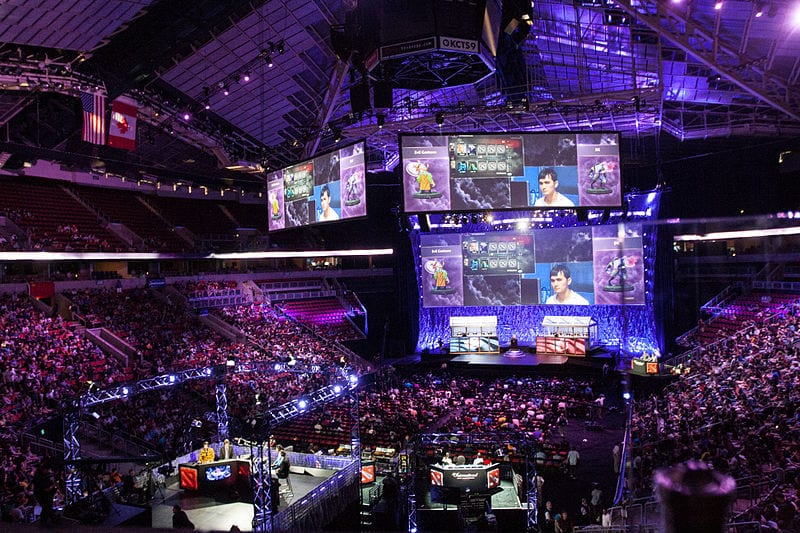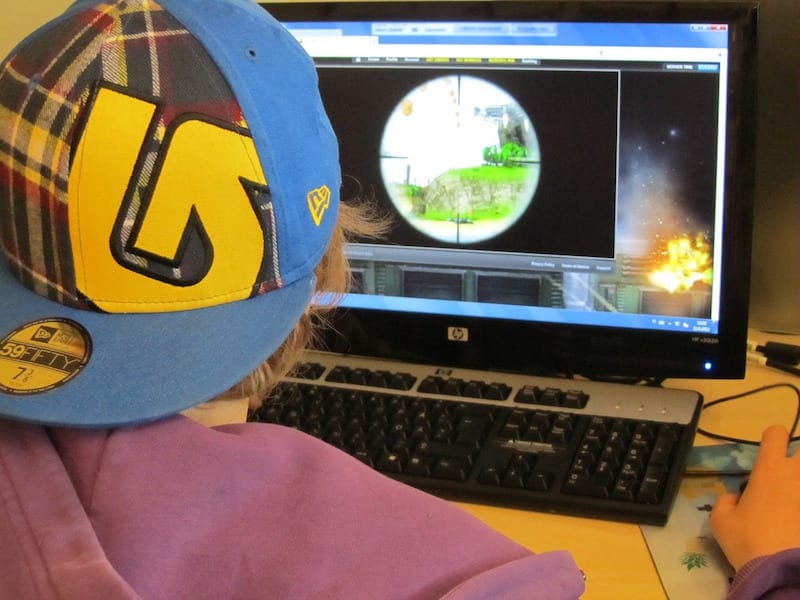
Let me start off by saying that my boss isn’t too happy with this piece. Or rather, he isn’t too happy with my opinion on the matter. Thankfully, we’re each entitled to our opinion and an interesting conversation was sparked as soon as I pitched the title.
Should eSports (electronic sports) be considered sports? Right alongside soccer, football, hockey, basketball, swimming, you name it.
In my humble opinion: no.
Thankfully for the eSports community, my opinion on the matter isn’t consulted around the world. The industry won a big battle back in 2013, when Riot Games successfully lobbied the U.S. Citizen and Immigration Services to begin issuing P-1 visas for athletes so they could enter the US for competitions. They are also making money, and lots of it. The eSport world is now making nearly $500 million a year in revenue, and Newzoo, a self-described “provider of market intelligence covering the global games, esports, and mobile markets,” projects the industry will make more than a billion dollars by 2019.

So there is money to be made and money being made and people packing into stadiums to watch them play. But does that still mean eSports are sports?
The British eSports Association recently came out with a statement saying they are not sports. In a March 29, 2017 press release, the Association said that “Esports is not a sport, but a credible activity in its own right.”
“Some have argued that esports should be classified as a sport partly because recognising it officially would grant it access to sports funding. However, esports is competitive video gaming: it is currently classified in the UK as a game (like chess and bridge) and not a sport.
eSports involves practice, dedication, strategy, skill and competitiveness, just like regular sports. So why shouldn’t it be considered a sport? Personally, it’s the lack of physical activity that makes it hard for me to acknowledge eSports as real sports.
While studies have shown that gamers experience the same physical strains while playing as athletes do on a court, these gamers don’t leave their seats, at times for hours. When it comes to swimming, football (both American and international), basketball, judo and gymnastics, just to name a few, athletes are constantly putting their bodies to the test and amazing us “normal” people with what they can do and what they can endure. They spend hours in the gym, on the court or in a pool pushing their bodies to the limit, and by doing so, also expanding their mind. Professor Ingo Froböse, who conducted the study about whether gamers are athletes, said they do experience the same strains while playing, but he was worried about their lives around gaming.

“In terms of their fitness, many of our test subjects are simply average citizens, and average citizens worry me. They simply aren’t fit,” he said. They simply don’t take care of themselves like athletes should. So like a tree in the forest, if they don’t treat their bodies like athletes treat their bodies, are they athletes?
Perhaps that is the difference maker. Should we stop questioning whether competitive gaming should be considered sports and start asking if professional gamers are athletes? Is that the distinction we’ve been looking for? Or maybe this whole discussion is null and we should be asking something else: why are competitive gamers fighting to become a “sport” instead of working towards creating something of their own? Why not put all your energies towards establishing a new niche, with visas and competitions and yes, even funding, even if you aren’t under the “sports” umbrella?
Competitive gaming is just as intense, and sports is but a title. Maybe it’s time for competitive gaming to create its own title.












